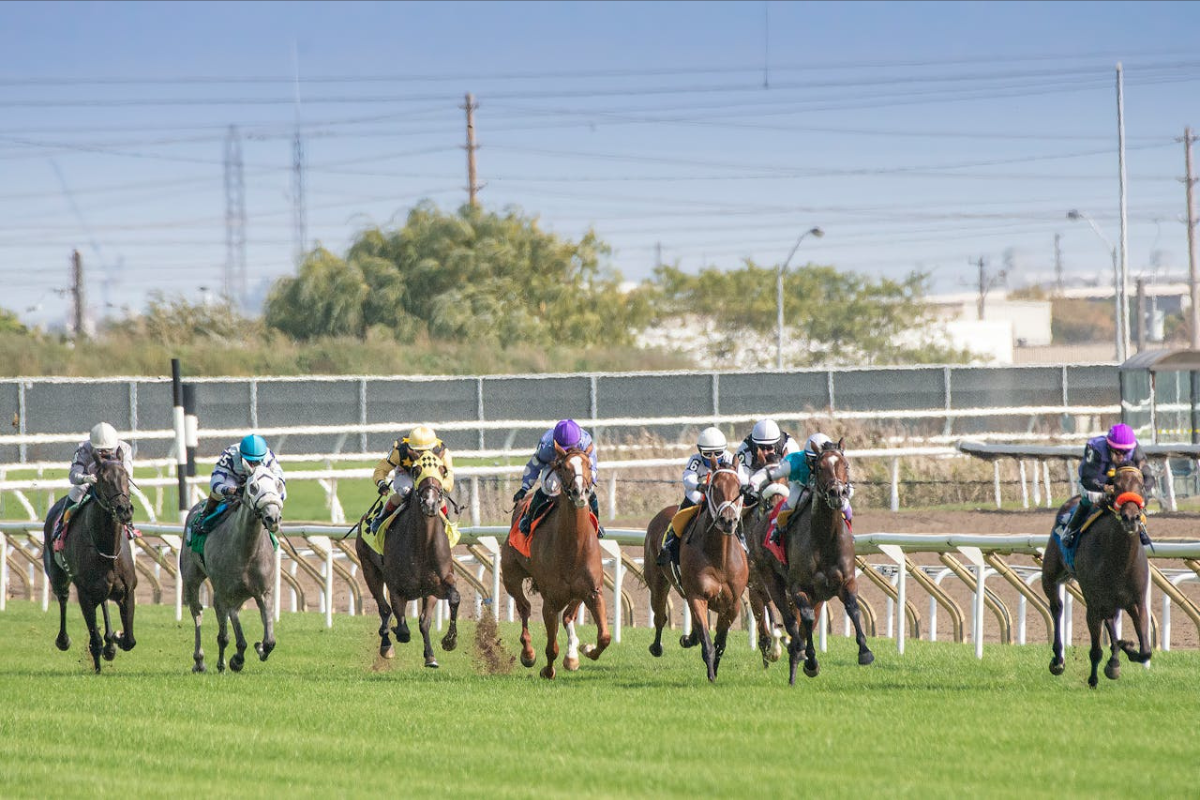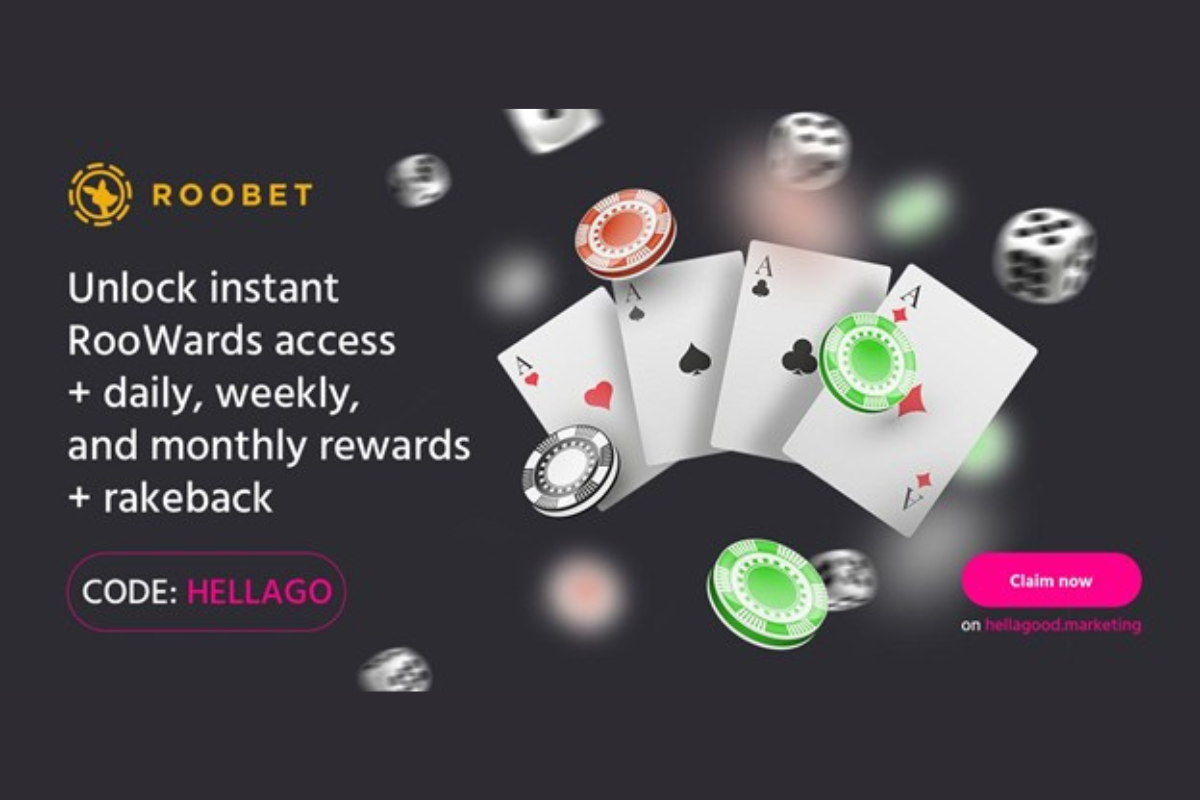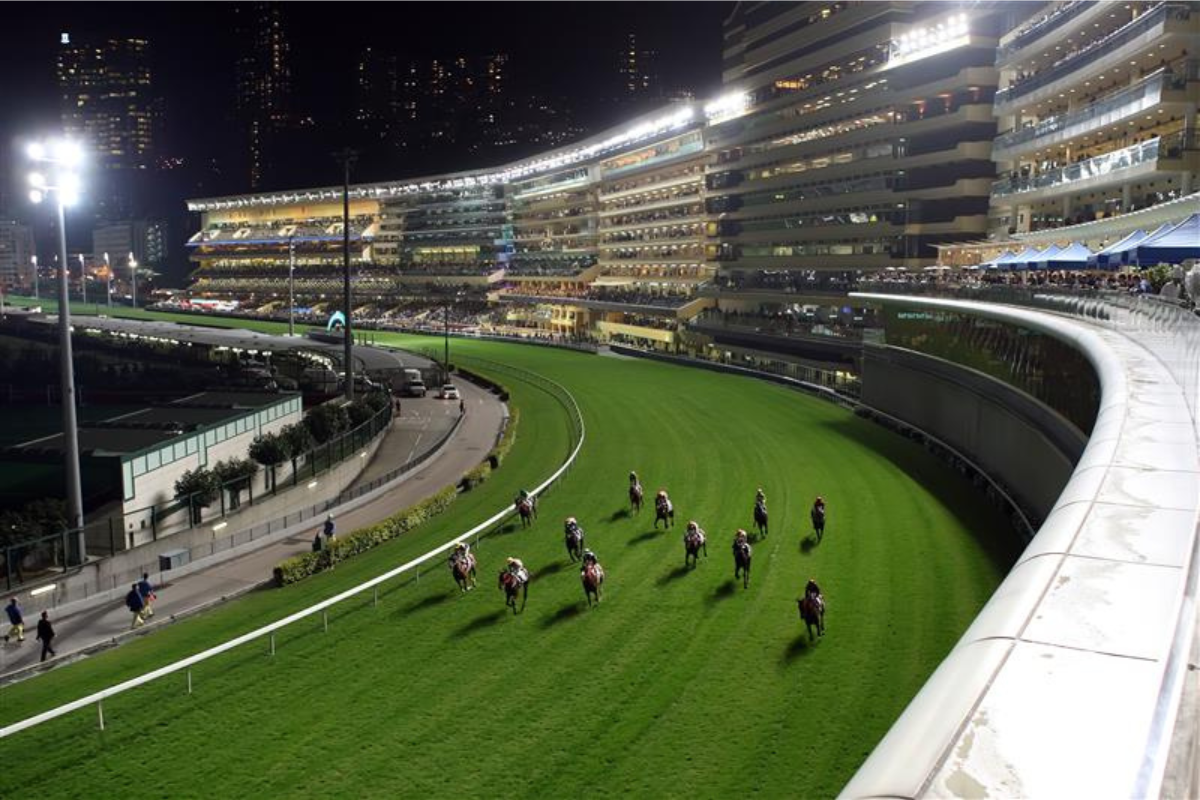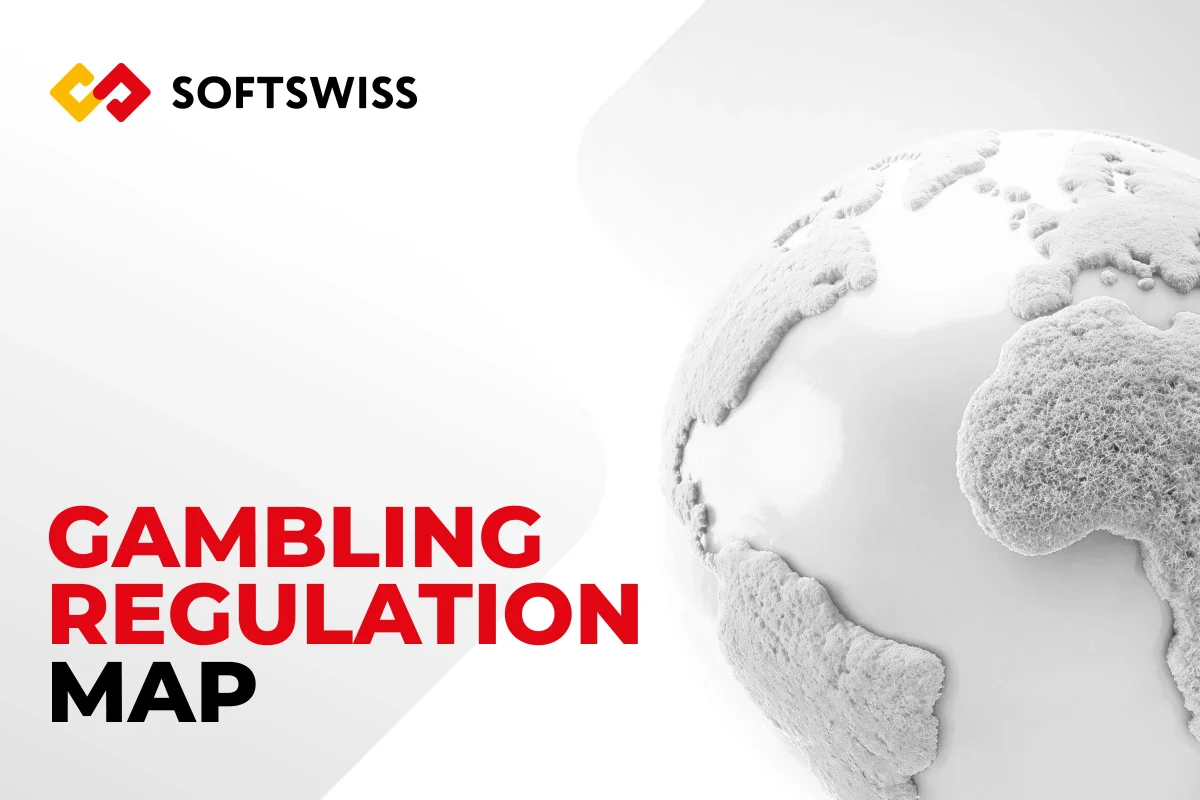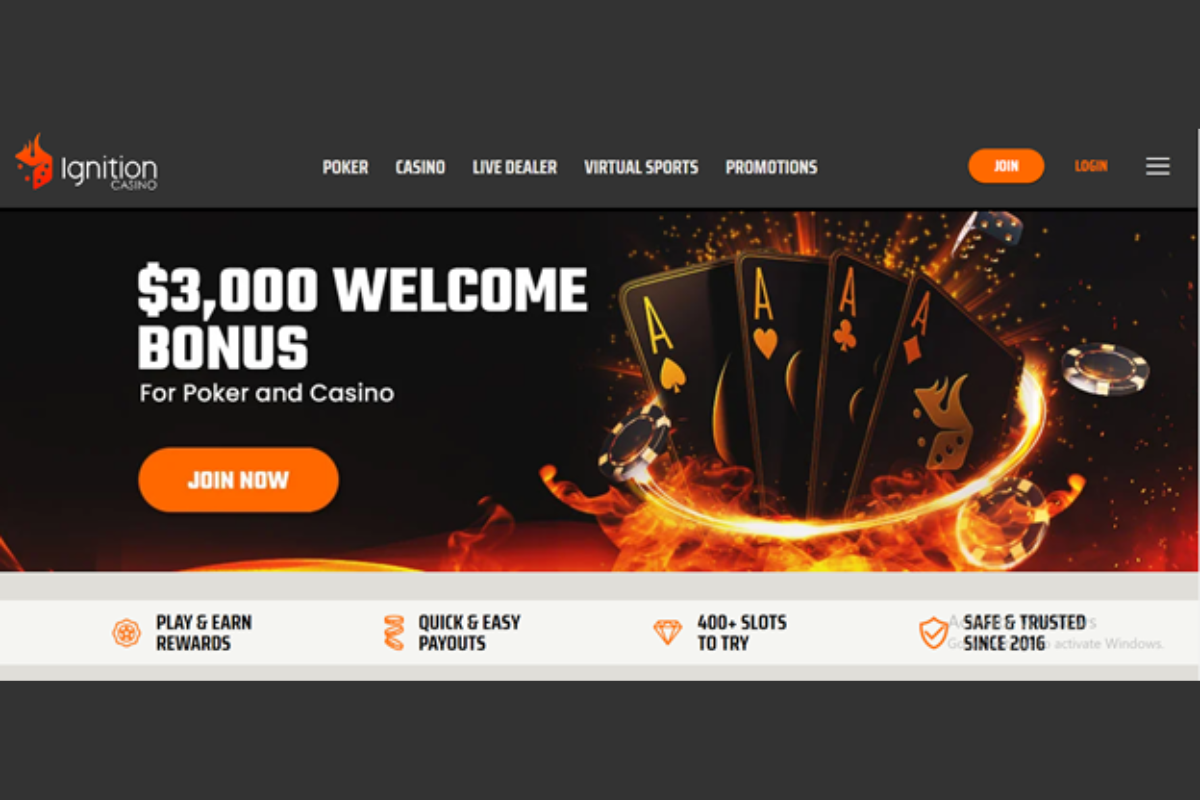Gambling in the USA
NJ Regulators plan to crack down illegal gambling websites

Regulators in New Jersey are planning to intensify the efforts to reign in the illegal online gambling through websites operating offshore.
David Rebuck, the director of the NJ Division of Gaming Enforcement, stated that those involved in such illegal operations will be denied license and driven out of the state.
Rebuck pin-pointed on Bovada. But there are likely hundreds of offshore gambling sites available to US customers. His ire would extend to any current or prospective licensee who is sidestepping the law of any jurisdiction; it could pertain to those who simply promote offshore gambling operations, as well.
“If we find out that those who provide goods and services to the legal market … are engaged in contracts or underhanded work to have their products provided to the illegal market,” Rebuck said, “there will be significant consequences.”
What he’s talking about is nothing new.
The law in Nevada, for example, contains a so-called bad actor clause that precludes some online poker sites from obtaining a license. PokerStars is the largest operator in the world, and it’s shut out for its activities following the passage of UIGEA in 2006.
New Jersey law does not contain a bad actor clause, and regulators granted PokerStars a license following an internal restructuring.
Denying or revoking a gaming license would be straightforward enough, but how do state officials actually block these sites from serving their customers? Can they?
Not the DGE’s first rodeo
Rebuck has had his sights set on Bovada for some time, and rightly so.
While major sites like PartyPoker pulled out of the US market amid federal pressure, Bovada continued to operate in defiance. At one point, it was the third-largest online poker site according to traffic data on PokerScout.
The DGE did what it could to combat the problem, with the launch of regulated online gambling making enforcement a priority. The state needed to protect its own financial interests and those of its gambling residents.
In 2014, regulators began issuing cease and desist orders to unlicensed operators and affiliates that advertised them. Bovada agreed to stop taking new account registrations from NJ customers, but it continued to serve its existing base in the state.
At the time, the site was licensed by the Kahnawake Gaming Commission (KGC), a Mohawk tribal agency based in Canada.
The DGE began working directly with the KGC to further mitigate the problem, and it led to more apparent progress. In 2016, the KGC directed its licensees to stop serving NJ customers. Most operators complied, while Bovada relinquished its gaming license instead.
In retrospect, it’s clear that the company only surrendered its KGC license to avoid complying with the new policy. Bovada once again serves the majority of the US market, now under oversight from no regulatory body.
Source: onlinepokerreport.com
-
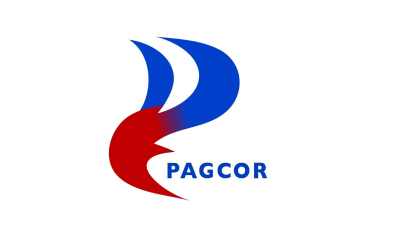
 Asia7 days ago
Asia7 days agoPAGCOR: Online Gaming fuels nation-building, but illegal sites pose risks
-

 Latest News7 days ago
Latest News7 days agoThe Next Big Step in Online Casinos From Mobile Gaming to the Metaverse
-

 Africa6 days ago
Africa6 days agoMulaSport launches Kiron’s data-lite Soccer Game across 5 countries in Africa
-

 Asia6 days ago
Asia6 days agoGalaxy Entertainment Opens New Overseas Office in Singapore
-

 Industry Awards6 days ago
Industry Awards6 days agoBETBY SUCCESSFULLY WRAPS SiGMA EUROMED 2025 PARTICIPATION WITH SPORTSBOOK RECOGNITION
-
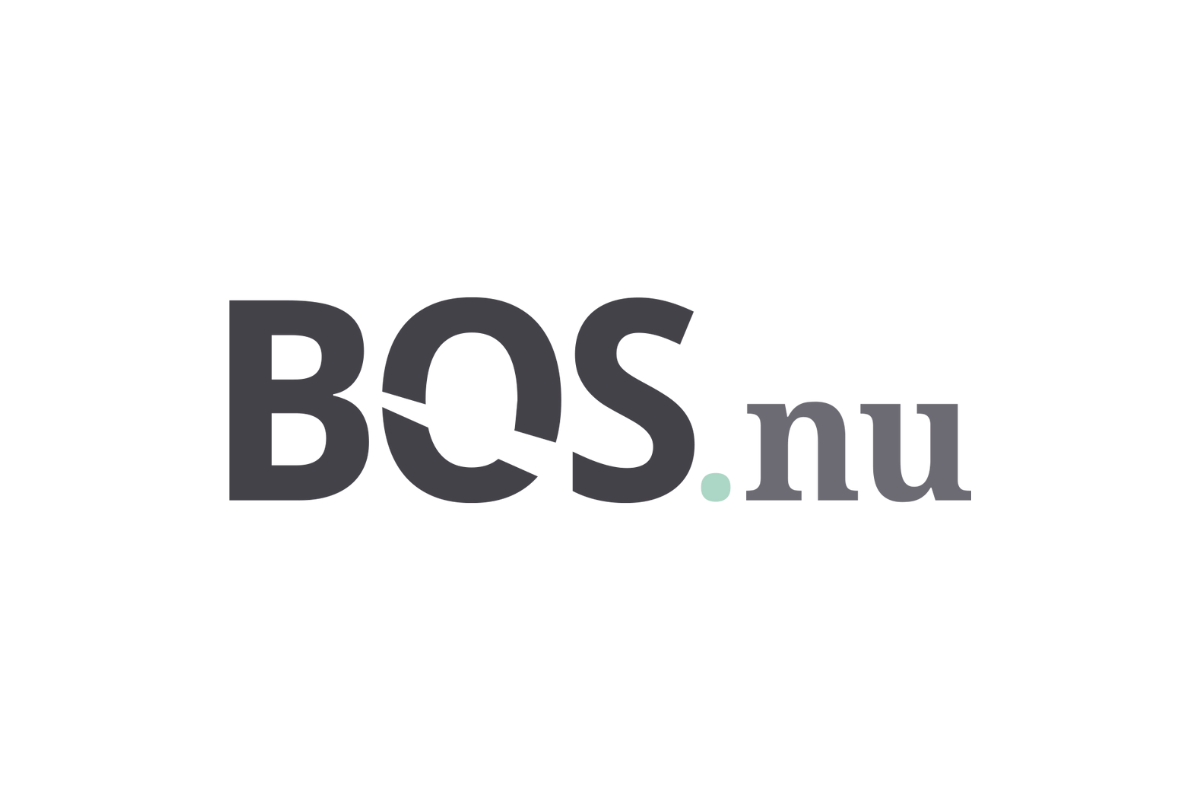
 Compliance Updates6 days ago
Compliance Updates6 days agoBOS in letter to the Government: appoint a new Gambling Inquiry
-
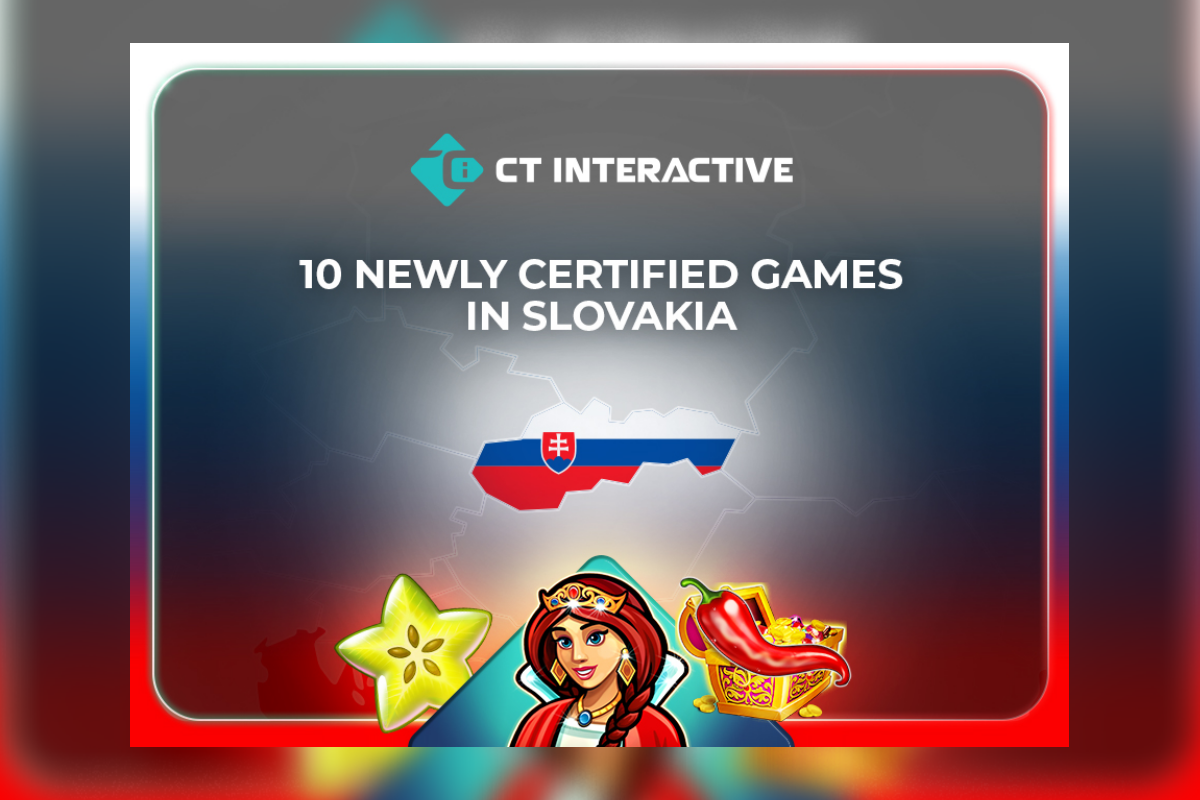
 Central Europe6 days ago
Central Europe6 days agoCT Interactive grows its certified game portfolio in the Slovak market
-

 Compliance Updates6 days ago
Compliance Updates6 days agoDutch Gambling Regulator to Amend its Remote Gambling Licensing Policy Rules










